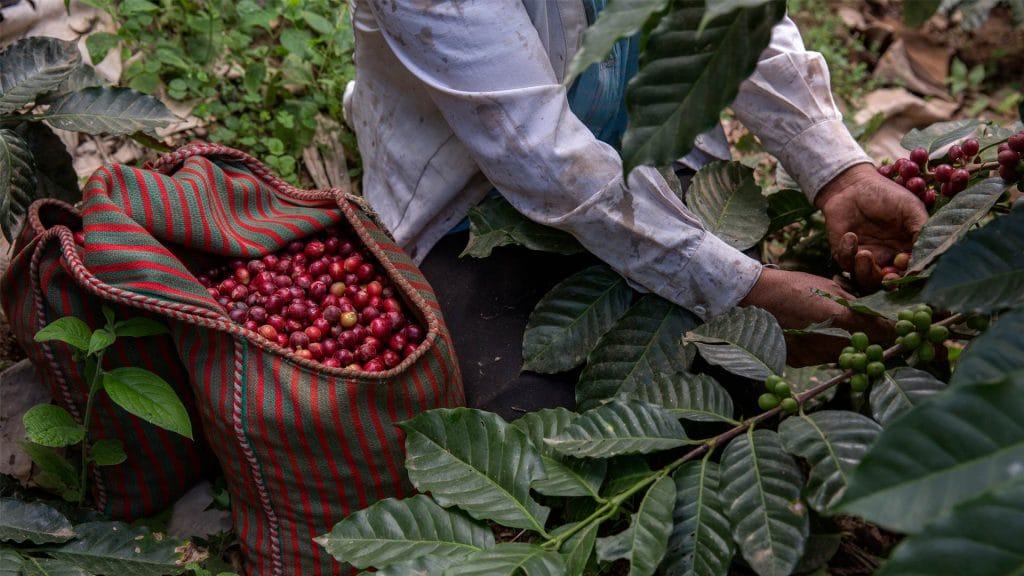Kenyan government has unveiled a major initiative aimed at revitalising coffee farming in Western Kenya, with a distribution of 400,000 free robusta coffee seedlings to farmers in Busia County.
Cabinet Secretary for Cooperatives and MSME Development, Wycliffe Oparanya, announced the move during an engagement with local farmers at the Busia Agricultural Training Centre. He said the initiative is part of broader efforts to revive Kenya’s coffee sector, which has seen a steady decline since the 1990s.
Oparanya underscored the need to restore Kenya’s global competitiveness in coffee production, citing the country’s 2024 output of 51,000 metric tonnes—far below Ethiopia’s 400,000 tonnes, Uganda’s 200,000, and Tanzania’s 70,000 tonnes. In Western Kenya, Bungoma led production with over 2.3 million kilograms, followed by Kakamega, Busia, Vihiga, and Siaya.
To strengthen the sector, Oparanya revealed that the government plans to establish coffee milling facilities in all 33 coffee-producing counties, with the Kenya Planters Cooperative Union (KPCU) supporting the development of a plant in Busia. He said a new coffee bill would also guarantee farmers fair compensation.
In a significant policy shift, the Cabinet Secretary announced that farmers would now receive payment within five days—down from the current three-month wait—and that payments would be made in U.S. dollars to align with international market standards.
He added that two young people from each of Busia County’s 35 wards would receive training in coffee husbandry through KPCU, enabling them to support farmers with modern and efficient cultivation techniques.
To ensure a stable market for their produce, farmers were assured that KPCU would transport coffee to the Nairobi Coffee Exchange. Oparanya also said the government has allocated KSh 8 billion for a Cherry Advance Fund to provide small-scale growers with KSh 40 per kilogram in advance payments before auction.
The government is also pushing for Busia to become the national hub for robusta coffee. Oparanya called on the county government to allocate 100 acres for a demonstration farm and pledged funding to establish a coffee research institute.
Busia Deputy Governor Arthur Odera confirmed that the county has suitable land for the proposed research center and coffee nursery, which would serve the wider western region. He said four potential sites are being considered.
“We are ready to host the technical team to evaluate the land and kickstart the project,” said Odera, who also noted that the county has 35 cooperatives and SACCOs in need of capacity building to better serve coffee farmers.
Currently, 2,500 farmers in Busia grow coffee on 600 acres, but production has dropped from 89 tonnes to 33 tonnes. Officials are urging more farmers to take up coffee farming to reverse the decline and tap into growing market demand.
Leonard Murai, Chairperson of the Busia Robusta Coffee Growers Association, welcomed the government’s support, saying the free seedlings would boost production and farmer incomes. He noted that a single robusta tree can yield over 60 kilograms and that current prices are highly favorable.
“Our farmers used to earn just KSh 25 per kilogram in 2015. Today, that figure has risen to KSh 120,” Murai said. “We are the only county with a robusta coffee nursery in the region, and we’re calling on all farmers to register so we can scale up production.”
Local farmer Silas Manyasa said the initiative could help reduce the influence of brokers, who have historically undermined farmers’ earnings. He expressed optimism that with improved access to seedlings and training, coffee farming in the region would see a strong resurgence.



